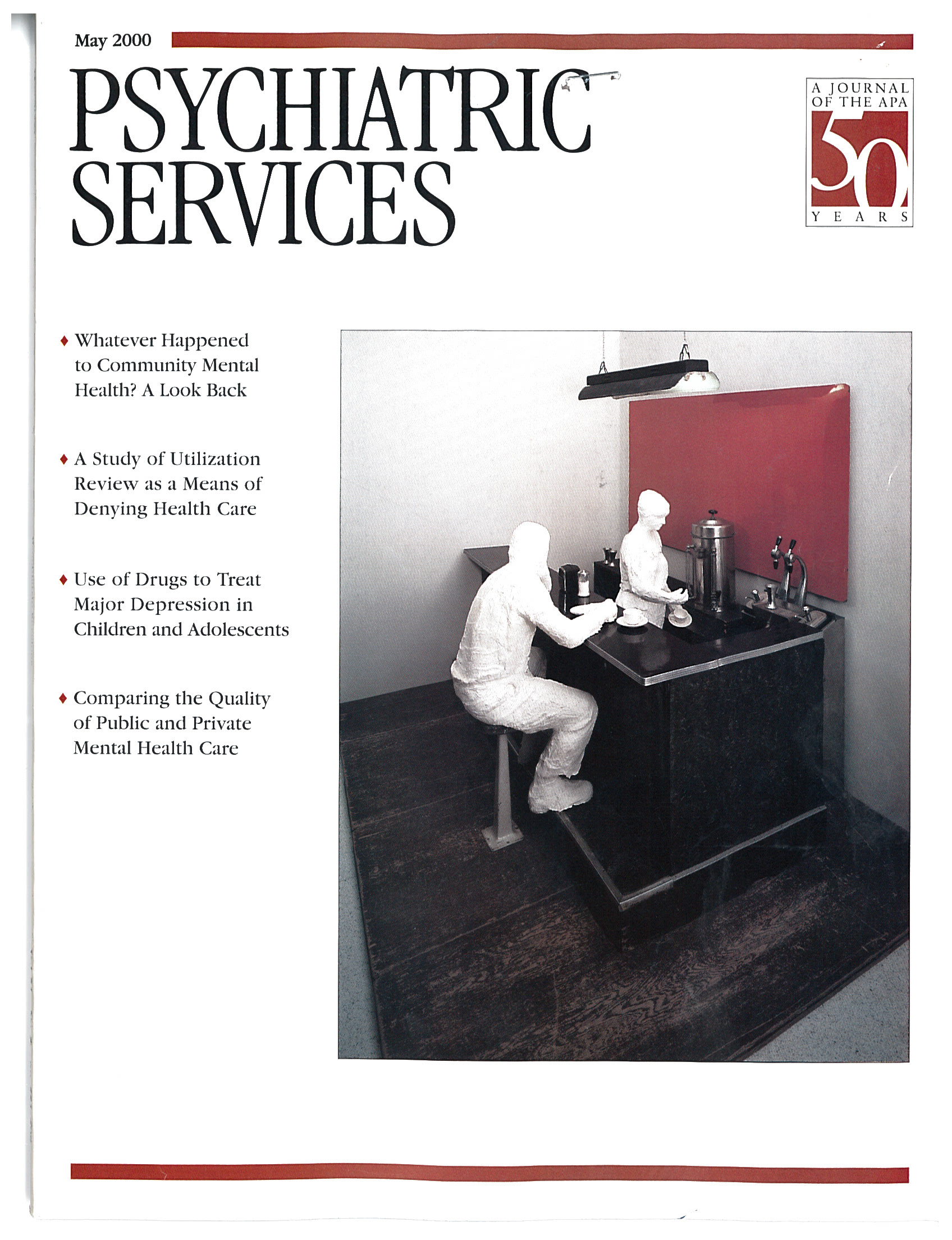To the Editor: Symptoms that appear to be psychotic may turn out to be based on culturally or religiously appropriate beliefs. It is important for physicians to be sensitive to these beliefs and aware of their potential impact on symptom production and treatment (
1). It might be important to explore the significance of the patient's symptoms with the patient's significant others, with the patient's permission. Such consultation might help the physician to separate what might be subculture from what might be psychopathology (
2). We discuss an interesting case that illustrates this principle.
Mrs. G, a 28-year-old woman who was eight weeks pregnant, was hospitalized on an obstetrics-gynecology unit of a university hospital with a diagnosis of mild hyperemesis gravidarum. The patient had no prior psychiatric history, including no history of alcohol or substance abuse, and no significant medical history. She lived with her mother and sister. A psychiatric consultation was requested because the patient had auditory and visual hallucinations.
The patient was hearing someone knocking at the door and was seeing a man sitting in the chair next to her bed when there was nobody else in the room. When asked about the hallucinations, she said that she and her family believed that after death the spirit of the dead person was still among them. If the dead one was somebody who had always helped them in difficult moments of their life, then he or she continued to do so by "showing up" and being of comfort. Such was "Uncle Pete," the man the patient saw when she was admitted, and who appeared to the family on several other difficult occasions.
Mrs. G's mental status examination was unremarkable except for the hallucinations. The medical workup did not reveal any organic causes for her symptoms. She showed no distress or impairment of functioning as a result of the belief. With the patient's permission, we spoke to her mother and sister by telephone. They reported that Uncle Pete had also appeared to them and confirmed that neither Mrs. G nor others in the family had any prior psychiatric history.
The nurse assigned by the medical staff to watch the patient in the hospital also told the psychiatric consultant about her own family spirit, who was similar to Uncle Pete in many ways. The patient and the nurse were both from Jamaica and came to the United States with their families as children. The patient's symptoms were determined to be culturally based beliefs, and there was no evidence of psychosis. No psychiatric sequelae appeared in the patient's subsequent hospital course.
This case illustrates the importance of exploring the cultural aspects of a patient's symptoms. Good resources for guidance in this area would include patients and family members, staff members with personal knowledge of or experience with the patient's culture, and in some instances clergy or other members of the patient's community.

